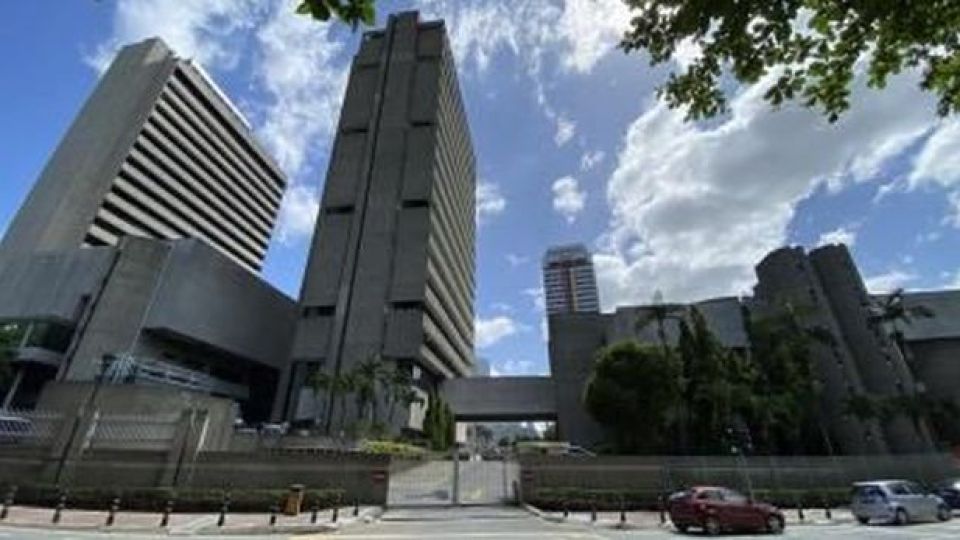July 13, 2022
KUALA LUMPUR – Oversea-Chinese Banking Corp (OCBC) Research projected a positive outlook for Malaysia, with a higher-than expected gross domestic product (GDP), despite growing inflationary pressures.
Overall, the economy is affected by inflation along with global supply chain disruptions, which were firstly precipitated by Covid-19, and then subsequently triggered by the Russian-Ukraine war and recently by China’s Covid lockdowns.
While Covid has shown signs of letting up, given the reopening of Asian economies especially in the aviation and hospitality-related industries, inflation remains to persistently plague the economy.
“Inflation has been a key bugbear this year. Inflationary pressure has clearly been more persistent rather than transitory,” said OCBC Research.
Along with this, other factors like the global chip shortage, port and logistics hold ups, limited labour and food security issues have also set in motion the US Federal Reserve (Fed) system’s move to raise interest rates.
The Fed is projected to increase interest rates by another 175 basic points (bps) by the end of this year, before it potentially comes down to 3.4% by the end of 2024.
“The Federal Open Market Committee anticipates that ongoing increases in the target range will be appropriate even though it will take some time to get inflation back down,” said OCBC Research.
For Malaysia, inflation has been averaging at almost 3% year-on-year with food prices being the main factor for its rise.
OCBC said Malaysia was also observed to have taken similar routes as the US in response to these global volatilities.
“Bank Negara started its rate hike cycle in May when it raised its overnight policy rate by 25 bps in May and by another 25 bps to 2.25% in July. There is also a growing chance of back-to-back rate hikes rather than a more drawn-out cycle,” said the research house.”
Food inflation has been largely under control due to subsidy schemes by the government, which would have otherwise quadrupled.


